Oil price is now at its lowest for the year 2017. The more than 5% plunge on Wednesday was the final nail in the coffin for speculators. There were high volume of trading, suggesting the speculators holding to their bullish positions were selling all out. According to John Kilduff, founding partner at energy hedge fund Again Capital, the crude oil is heading to US$42 a barrel, or lower.
What happened on Wednesday? Oil tumbled from a high of US$52.92 to a low of US$50.05 on Wednesday after the Energy Information Administration reported a ninth straight weekly rise in U.S. crude stockpiles. One thought it could be a temporary setback but it wasn’t. It continued its slide Thursday, touching an intraday bottom of US$48.67.
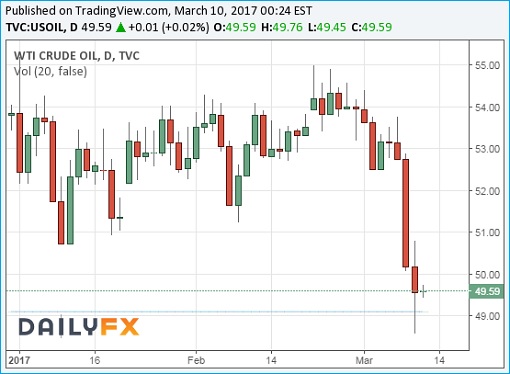
The way the crude oil drops like a rock is particularly scary, and disastrous, because it suddenly breaches the support level of US$50 without a warning. Oil prices have remained in a range between about US$50 and US$55 since the end of last year, when the OPEC and 11 other exporters agreed to cut output by 1.8 million barrels to rein in brimming crude stockpiles.
But a knife cuts both ways. As Saudi Arabia and its oil cartel celebrate a recovery of oil prices, their bitter enemy shale drillers pop Champaign cork at the same time. The subsequent price recovery has allowed more U.S. shale drillers, who use expensive advanced drilling methods, to pump profitably. These drillers now know how to drill more efficiently.
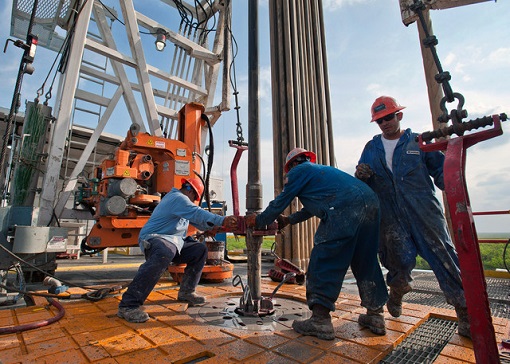
Speculators have been splashing their money, and more money, on bullish oil market as the price stabilized above US$50 a barrel. But on the other hand, oil drillers were happily hedging their production to protect against future price declines. Now that the price has crashed, those drillers have the last laugh because the speculators still need to pay them above US$50 a barrel.
Oil producers led by Saudi Arabia and top non-OPEC exporter Russia are now very upset over the sudden price crash. Senior Saudi energy officials told top independent U.S. oil firms in a closed-door meeting this week that they should not assume OPEC would extend a second round of output cut. Obviously, Saudi was concerned about the U.S. shale producers.
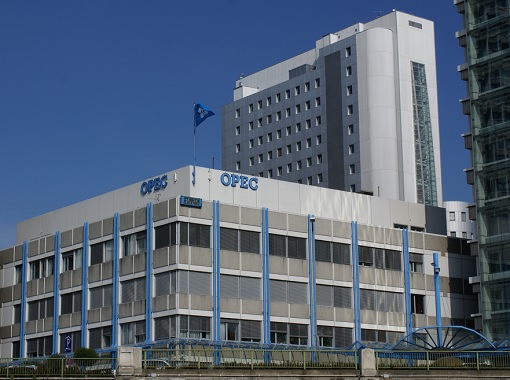
It appears the plan architected and engineered by Saudi – production cut – isn’t working anymore. In fact, the kingdom is rather panicked and doesn’t know what to do at the current situation. On Tuesday, Saudi Arabia’s Energy Minister Khalid al-Falih furiously said that there would be no “free rides” for U.S. shale producers benefiting from the upturn.
What does Saudi plan to do with the U.S. shale producers who have since been rising? Saudi is caught in a Catch-22 situation. If they don’t cut the production further, the price will potentially fall and the kingdom will continue to bleed foreign reserves, already averaging US$100 billion per year, in order to keep the country afloat.
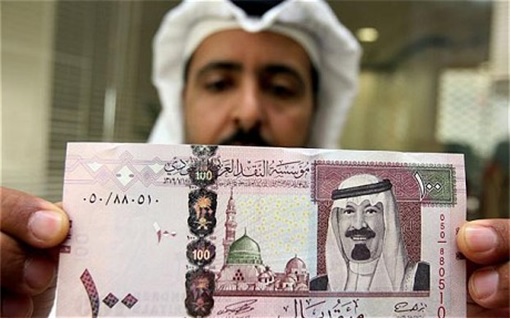
More importantly, Saudi King Salman is on a month of Asia tour to attract foreign investors to subscribe the ambitious Aramco IPO to raise potentially US$100 billion. It would be a disaster if the global crude oil goes back to US$40 a barrel and below. However, if they cut the production to push up the price, the shale producers will continue to eat its market share.
Like walking zombies, the U.S. shale producers are indeed very irritating to Saudi whose economy is at a crossroad. King Salman desperately needs to raise money to jumpstart Saudi Arabia’s Vision 2030, a plan supposedly to prepare the kingdom for an era in which it does not rely heavily on oil. But United States isn’t the only problem Saudi faces.
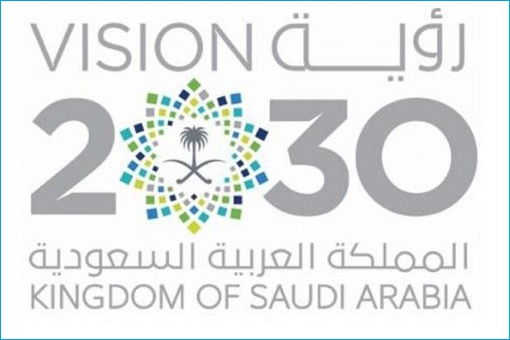
Brazil and Canada, two nations not part of Saudi’s secret project, are pumping like crazy too and could easily offset output cuts by OPEC and some non-OPEC suppliers. OPEC has scheduled next meets on May 25 in Vienna to discuss supply policy, and is expected to decide whether to extend supply curbs implemented on Jan. 1, 2017.
Unlike the OPEC and non-OPEC state-run producers that have agreed to curb output, the U.S., Canada and Brazil have no obligation to restrain output. The U.S. government expects U.S. oil output to rise 330,000 barrels per day in 2017, mostly from shale, but some analysts and producers are forecasting the increase could be more than double that amount.
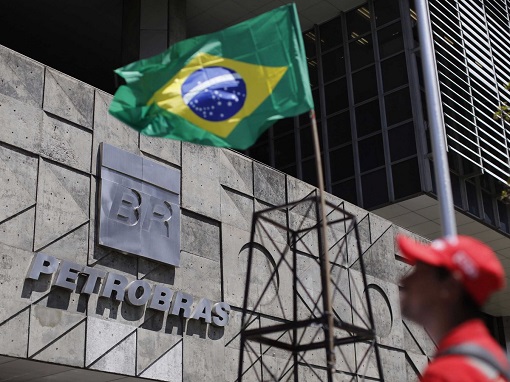
Suddenly, US$50 looks like a luxury for a barrel of crude oil. Saudi and its gang members can continue to cut while the U.S. shale producers will continue to pump – and eat the market share. Eugen Weinberg, head of commodities research at Commerzbank, said with the exception of Saudi Arabia and Kuwait, less than 50% of participants can afford a long-term production-cut.
Here’s another reason why you should not bet your money against the U.S. oil producers. U.S. President Donald Trump has promised to boost the U.S. fossil fuel industry and create more jobs by opening more areas to drillers. This will increase conventional fuel production by 1 million barrels per day or more. Fortunately to Saudi, the impact can be seen only in 5-7 years.
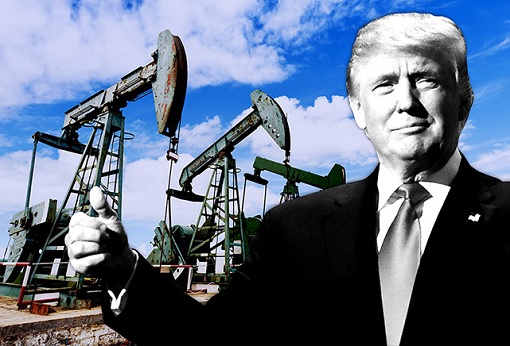
The biggest problem for Saudi would be a tax relief to be passed by the Trump administration later for the shale industry, with talks about a possible border tax of as much as 20% on imports including crude. Donald Trump is very aware of how Saudi and OPEC held the Americas hostage during the 1973 Oil Crisis. And he will make sure it won’t happen again.
Other Articles That May Interest You …
- Oil Below $60 This Year – Saudi Struggles As Shale Drillers Are Back
- A Month Of Asia Tour – King Salman’s Mission & The Real Reason He’s Here
- Congress Rejects Obama’s Veto – Now “Terrorist Sponsor” Saudi’s Assets Can Be Seized
- Exposing 9/11 Secrets – How Saudi Terrorism Began In 1979’s “The Siege Of Mecca”
- Cheaper Than Water – This British Bank Thinks Oil Would Go To $10 / Barrel
- Meet United States – The World’s Latest Oil Exporter – After 40 Years
- Here’s Why Oil Above $100 Will Never Happen Again, Ever, Forever!!
- The Glory Days Are Over – OPEC Warlord Saudi Has Started Borrowing
- Saudi’s Past Arrogance & Terrorists Funding – Is This Karma?
- This Country Is So Badly Hit By Oil Prices That Having Sex Is Impossible

|
|
March 10th, 2017 by financetwitter
|


|

|

|

|

|

|




























Comments
Add your comment now.
Leave a Reply